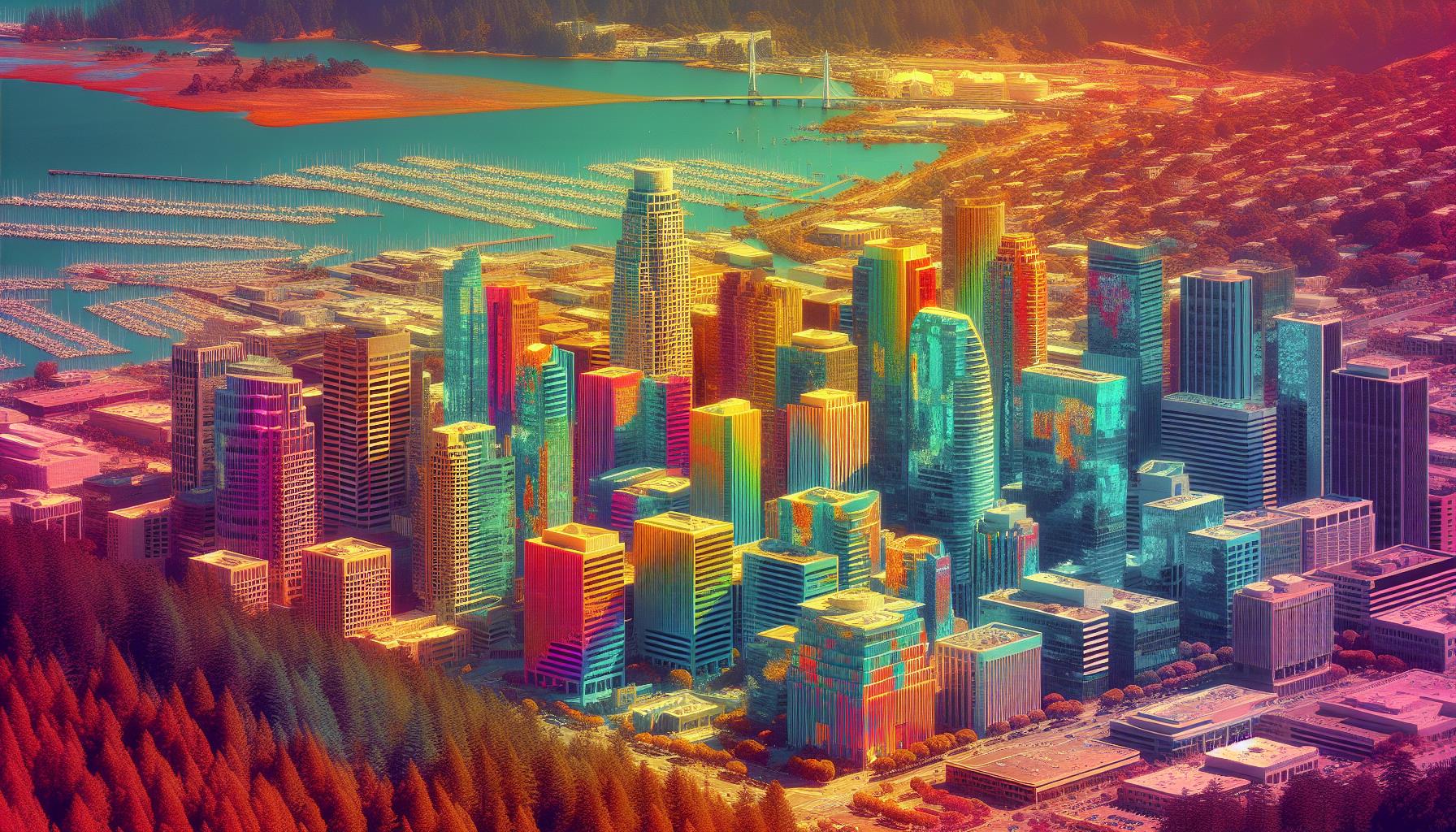The worlds of technology and science fiction have long been intertwined, with visionaries like Elon Musk and Mark Zuckerberg frequently drawing inspiration from the imaginative realms of sci-fi literature. The concept of the metaverse, a term coined by Neal Stephenson in his novel “Snow Crash,” is a prime example of this phenomenon. Zuckerberg’s company Meta is working to bring this fictional online world to life, envisioning the internet as an expansive virtual 3D world. This ambitious project highlights the profound impact that science fiction can have on technological development and the direction of future innovations.
Science fiction has served as a sandbox for ideas, where writers explore the potential and pitfalls of technology without the constraints of the current scientific paradigm. This exploration has fueled the imaginations of Silicon Valley’s brightest minds, prompting them to turn these fictional concepts into tangible technologies that could revolutionize our way of life.
Warnings from Tech Leaders
However, the influence of science fiction is not solely positive or aspirational. It also serves as a cautionary tale for tech leaders. When influential figures like Bill Gates or OpenAI’s Sam Altman express concerns about artificial intelligence and its potential to “wipe out” humanity, they echo the dystopian scenarios depicted in films like “Terminator” and “The Matrix.” These narratives of man-killing machines are not just thrilling plot devices but also serve as stark warnings of what might happen if technology spirals out of control.
The apprehension surrounding AI and its capabilities reflects a growing awareness within Silicon Valley of the ethical and existential questions that accompany technological progress. By heeding the warnings present in science fiction, tech leaders are prompted to consider the long-term implications of their creations, striving to prevent their innovative dreams from becoming nightmarish realities.
Learning from Fictional Worlds
What, then, can we learn from science fiction about dealing with AI and its potential impact on society? Science fiction allows us to explore the consequences of technological advancements in a safe and controlled environment. It poses questions about morality, ethics, and the human condition, all of which are relevant to the development and deployment of AI.
By engaging with these fictional scenarios, we can better prepare for the challenges that real-world technology might pose. Science fiction can be seen as a form of simulation, a way to test our responses to the profound changes that AI and other technologies might bring. It encourages us to think critically about our creations and to consider the broader societal implications of our technological pursuits.
The Role of Visionaries
The role of visionaries in Silicon Valley is not just to innovate but to guide the direction of technological progress in a way that benefits humanity. Drawing inspiration from science fiction is part of this process, as it provides a rich source of ideas and a framework for understanding the potential consequences of new technologies.
These visionaries have the unique opportunity to shape the future, and with that comes a responsibility to ensure that the technologies they champion are developed with foresight and a sense of ethical duty. The lessons learned from science fiction are invaluable in this regard, offering a narrative guidepost for navigating the complex terrain of technological advancement.
The Balance of Innovation and Caution
As Silicon Valley continues to push the boundaries of what is possible, there must be a balance between innovation and caution. The excitement of bringing science fiction to life must be tempered with a careful consideration of the risks involved. It is not enough to create technology for technology’s sake; there must be a clear vision for how it will serve and improve humanity.
The dialogue between science fiction and technology is a dynamic and ongoing conversation. As we move forward, it is crucial that we listen to both the promises and warnings that science fiction offers. In doing so, we can ensure that the future we are building is one that is not only technologically advanced but also safe, ethical, and beneficial for all.
In conclusion, the relationship between science fiction and Silicon Valley is a complex and mutually influential one. The genre offers a wellspring of inspiration for technological innovation while also cautioning against the potential dangers of unchecked progress. As we continue to explore the boundaries of what is possible, it is imperative that we heed the lessons of science fiction, allowing them to inform and guide our technological journey toward a future that is as responsible as it is revolutionary.
